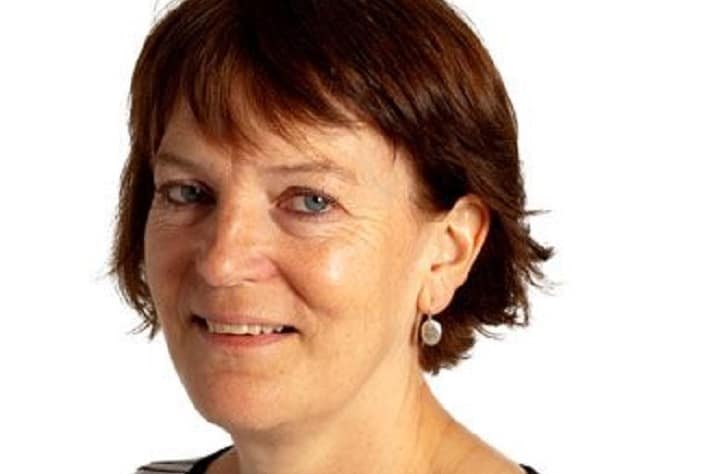24th April 2020
At the start of World Immunization Week 2020, a blog by Helen Bedford, Professor of Children’s Health at UCL Great Ormond Street Institute of Child Health, and iHV immunisations expert on the critical role of nurses, midwives and health visitors in ensuring the success of vaccination programmes.

Professor Helen Bedford
Today sees the start of World Immunization Week (24- 30 April) and, as 2020 is International Year of the Nurse and the Midwife, it is fitting to celebrate the critical role of nurses, midwives and health visitors in ensuring the success of vaccination programmes. In the UK, vaccination programmes are largely promoted and delivered by health visitors, practice nurses, school nurses, community immunisation nurses and midwives. The UK can be rightly proud of its successful vaccination programmes and this is in no small part due to the tireless efforts of the nursing family.
Vaccination is widely accepted as being the most effective and cost effective public health measure (after clean water) for protecting the health of the public. It is unfortunate that it has taken a global pandemic to bring home the devastating impact of a highly infectious viral infection with a high fatality rate taking hold. Our world has literally been turned upside down and it will be some time before a safe and effective vaccine to prevent COVID-19, the only feasible means of tackling this infection, becomes available. While we wait, we mustn’t neglect to continue offering existing vaccines to the public. The vaccine preventable diseases will continue to circulate during and after the pandemic and, if vaccination levels fall, a resurgence of diseases such as measles, whooping cough and meningitis are inevitable. This will not only put additional pressure on already very over-stretched health services but may result in children’s deaths.
The public has responded well to the ‘Stay at Home’ message, vital to prevent the spread of SARS-2 coronavirus, but there is concern that this may have led to some parents not taking their children for their routine vaccines. This is due to a belief that attending general practice will put the child or parents at risk of infection, or that routine services are no longer available, or too busy to be offering vaccination. We must ensure families are aware that general practice is open for business and that infection control precautions will be taken to keep everyone safe during the vaccination visit.
The Joint Committee on Vaccination and Immunisation (JCVI) has issued a statement urging the continuation of vaccine programmes.
The key messages are that vaccination can be carried out in babies, children, young people and adults who are well and not showing symptoms of COVID-19, or who are not self isolating.
JCVI places priority on providing those vaccines which are particularly important to have in a timely fashion – notably the routine childhood immunisations (this includes targeted neonatal hepatitis B and BCG) from birth up to and including vaccines offered to babies, infants and pre-school children including their first and second doses of MMR. Measles is particularly infectious (indeed many times more infectious than this specific coronavirus) and even small declines in vaccine uptake result in disease outbreaks. It is also important for pregnant women to continue to be offered pertussis vaccines for the protection of their newborn. Finally, pneumococcal vaccination should be offered for those in risk groups from 2 to 64 years of age and those aged 65 years and over.
Through their contacts with new parents, the health visiting team is uniquely placed to provide parents with information about vaccination and to reassure them about the safety and importance of taking them to appointments for their routine vaccines. Even though we are in the grips of a global pandemic, we must continue to strive to protect children and families from vaccine preventable diseases. It would be a tragedy if all the progress we have made in preventing serious infectious disease over the past decades was reversed over-night.
Helen Bedford, Professor of Children’s Health at UCK Great Ormond Street Institute of Child Health, and iHV member and iHV immunisations expert
Twitter: @HelenEBedford






